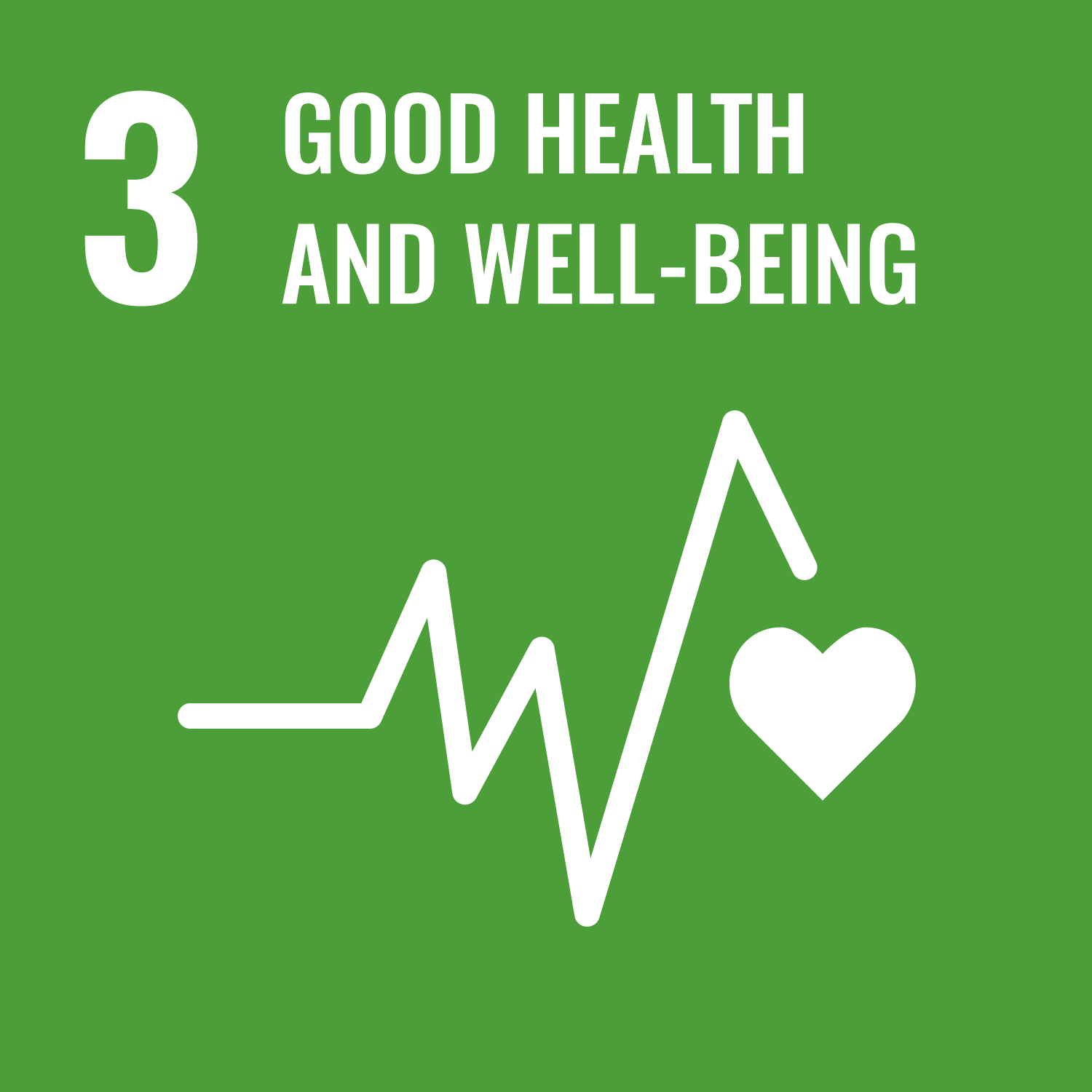SDG Detail
EDUC8210 - Disability Equity Education
NoneProject description
This unit focuses on learning about Disability Equity Education and applying theoretical learning to practice. A key focus will be on identifying barriers to education for many students, including a range of social, cultural, political, economic, and environmental barriers. There will be opportunities to critically examine and develop a range of strategies for addressing these barriers in order to ensure meaningful engagement with the curriculum for all students. Ableism and the social and affirmation models of disability will be explored. Topics will include consideration of neurodiversity, intersectionality, wellbeing, and the perspectives of people with lived experience of the oppression that constitutes disability. Principles of social justice and equity, which underpin inclusive practices, will be examined in relation to international agreements, national legislation, policy and procedures, as well as contemporary research and practice. The unit will also address effective collaboration with paraprofessionals to facilitate genuine participation and learning. The socio-cultural and historical context will also be considered in order to meaningfully engage with effective instruction.
Project aims
?
Project outcome
1. Articulate understanding of ethical, legislative and policy responsibilities of teachers as related to educational provision for diverse learners. 2. Identify and critically evaluate complex and conflicting theoretical perspectives and demonstrate understanding of social constructions of disability including the implications for education practice of the pervasive nature of ableism. 3. Apply advanced understandings and critical analysis of key issues related to inclusive and special education in contemporary education contexts 4. Identify and critically reflect on barriers to equity in education for students with disability 5. Apply research-informed knowledge to addressing common misunderstandings regarding students and their learning abilities and opportunities 6. Interpret research-informed knowledge of the effective approaches to collaboration in educational practice
Related SDGs
The corresponding sustainable development goals correlated with this project. You you click the icon to link to SDG category description page.









